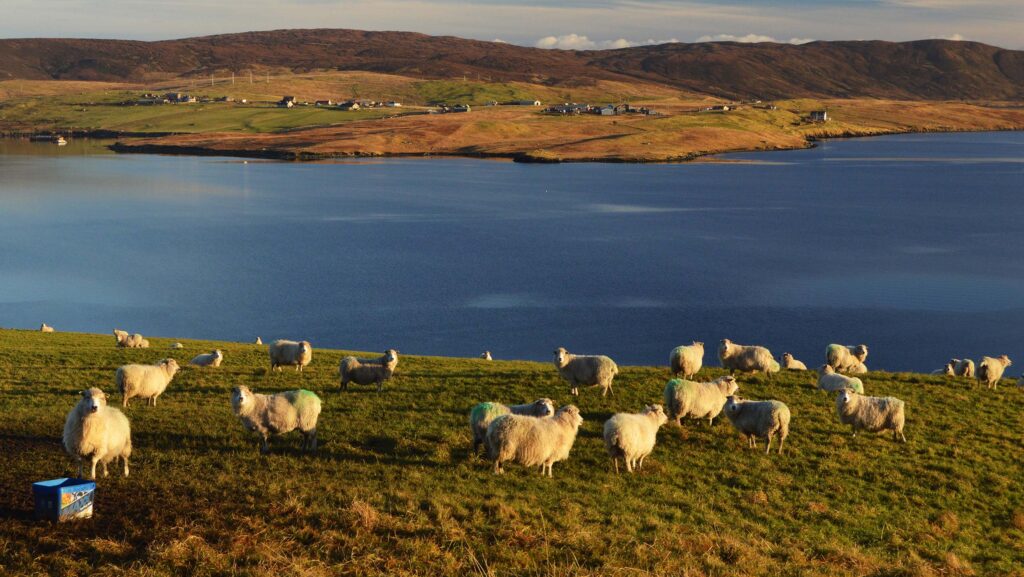Scottish govt ‘fails to consult’ on support scheme extension
 © Adobe Stock
© Adobe Stock Industry leaders have hit out at the Scottish government for failing to consult with them on a plan to extend payments under the Scottish Rural Development Programme (SDRP).
Ministers were granted the powers through a Scottish Statutory Instrument (SSI) approved by the Rural Affairs Committee this week.
See also: Scottish agricultural support scheme changes: What we know
This will allow the continuation until 2030 of the Less Favoured Areas Support Scheme (LFASS), the Agri Environment Climate Scheme (AECS) and the Forestry Grant Scheme.
The move was strongly supported by NFU Scotland, which warned there would be a “cliff edge” for farmers when the schemes were due to close at the end of 2024.
The union has been closely involved in discussions with cabinet secretary Mairi Gougeon on the issue through the Agriculture Reform Implementation Oversight Board (ARIOB), which is co-chaired by Ms Gougeon and NFUS president Martin Kennedy.
But other industry bodies – including the Institute of Auctioneers and Appraisers in Scotland, Scottish Land and Estates (SLE), the Scottish Tenant Farmers Association, the National Sheep Association Scotland, the Scottish Beef Association and the National Beef Association – have been excluded from talks.
They have subsequently written to the Rural Affairs Committee to complain about the lack of consultation.
“Our members are all impacted by the SSI and we are aggrieved at the lack of consultation and co-design in this regard, despite continual Scottish government claims that co-development with industry is happening,” they wrote.
“For clarity, we remain concerned that ARIOB continues to be the platform for this type of consultation despite the terms of reference for that group stating attendees are invited as individuals rather than as representatives of industry.”
Eleanor Kay, senior policy adviser at Scottish Land and Estates, told Farmers Weekly there was no objection to the power being extended in order for payments to continue beyond the end of this year, but there was concern about the length of the extension and the fact that payments were being “frozen” at 2018 levels.
“Why is it six years?” she asked. “That’s a very long time when the route map for the new support schemes says we should start to see them being put in place by 2027.
“The message to the sector is, don’t have 2027 in your head, because 2030 is the real date for change. That’s really not helpful, because we still have big climate ambitions that agriculture is going to be expected to be delivering on, but the policy is not going to be there to help them do it.”
Scotland’s minister for agriculture Jim Fairlie said the passing of the SSI meant regulations would not need to be relaid at “various intervals”, allowing time and resources to be focused on the development of new support.
He added his “door is always open” for “wide engagement” with industry.
